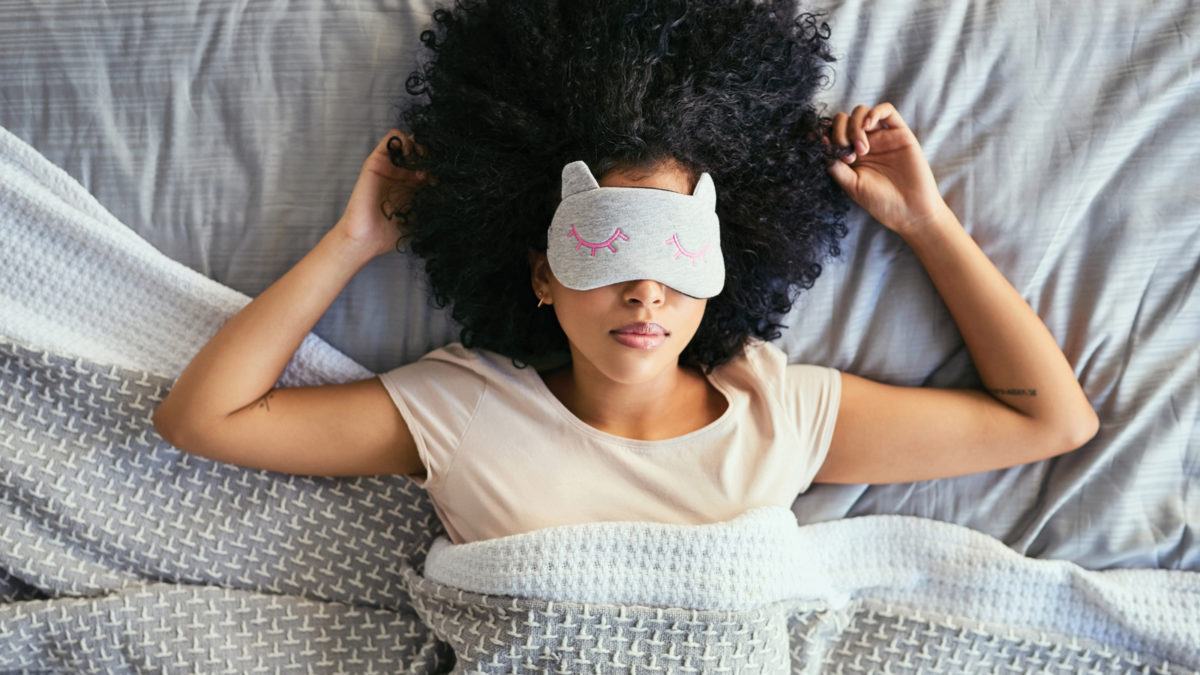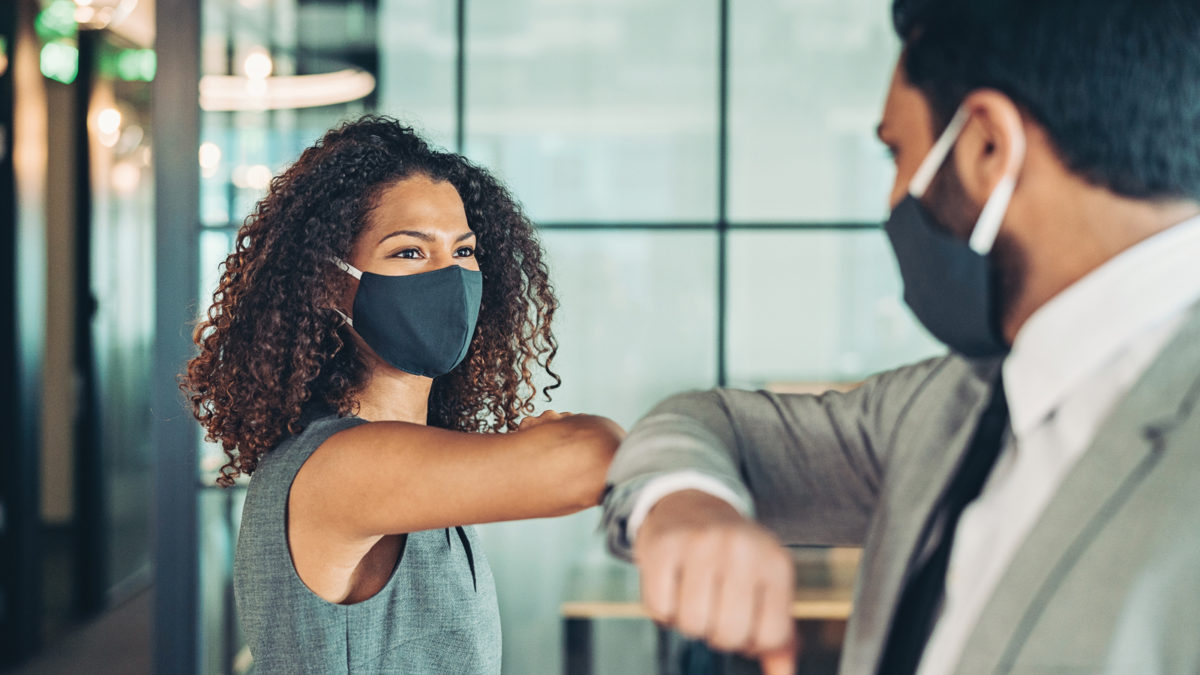
How Important is Sleep Anyway?
October 2021
Download This Article (.pdf)
Throughout human history, humans have slept through one-third of their lives. The significance of this cannot be overstated. Regardless of the lack of security, lost time finding food or a mate, and vulnerability to predators, humans slept approximately eight hours a night. Thanks to the sun, humans had regular sleep patterns regulated by a fully functioning circadian rhythm and sleep hormones.
Since the invention of the electric lightbulb and other technologies, humans have been able to manipulate their circadian rhythms to determine when they will go to sleep and when they will wake. Unfortunately, fighting the body’s natural rhythm comes at a price.
What is Considered “Normal” Sleep?
During sleep, the body is at rest but the brain is active. Shortly after falling asleep, the average person spends about seven minutes in stage 1 sleep. This is considered a light sleep where the sleeper can be easily awakened. When the sleeper enters stage 2, the body’s temperature and heart rate begin to decrease and chemicals are released to help keep the sleeper asleep. This stage is thought to be vital to retaining information that was learned while awake. Stage 3 is the transition into deep sleep, and stage 4 is considered the deepest stage of sleep and when the body repairs itself.
After stage 4, the sleeper enters REM (rapid eye movement) sleep, which is when most dreaming activity occurs. Then the cycle repeats itself, starting at stage 2, with REM periods getting longer throughout the night and non-REM stages becoming shorter.1
How Does Your Circadian Rhythm Influence Sleep?
Before the invention of the clock, your body had (and still has) its own 24-hour clock called the circadian rhythm. Your circadian rhythm is responsible for knowing what time it is and whether you should be awake or asleep. It’s responsible for secreting melatonin as the sun goes down and your environment gets darker.
If you remain exposed to bright light even after the sun has gone down, you interfere with your body’s circadian rhythm’s ability to produce enough melatonin to keep you asleep. Different people have different sensitivities as to how much their melatonin production affects their sleep.
Your circadian rhythm is also responsible for another hormone called cortisol. Most of the time cortisol is referred to as “the stress hormone” because its job is to help your body regulate its response to stress. Cortisol is naturally released as you sleep and reaches peak levels when you wake.
If your circadian rhythm is working as it should, you wake up feeling rested and energized to start your day. As you go about your day, cortisol levels should decrease, allowing the increasing levels of melatonin to rise in time for you to easily fall asleep.2
What Causes Sleep Problems?
For most of us, especially busy professionals, sleep is often treated as an option rather than a necessity for optimal functioning. People forgo sleep to watch another episode of their favorite TV show, finish emails, pay the bills, or do chores. In short, people forgo sleep to try to get everything done.3
Attorneys are no different and are among the most sleep deprived of all professionals.4 Most attorneys start a pattern of sleep deprivation even before practicing law by pulling all-nighters in law school and while preparing for the bar exam. Once the practice of law begins, the stress continues as attorneys strive to meet deadlines, worry about cases, and stay up at night strategizing and planning. However, practicing law demands a high level of mental focus and emotional resiliency to stress, thus making sleep especially important for attorneys.
The human body can continue to function on four or five hours of sleep each night, but not at its highest level.5 Inadequate sleep may cause people to feel lethargic during the day, rely on caffeine to feel alert, and need a nap in the afternoon.
Tips for Getting a Good Night’s Sleep
Getting a good night’s sleep takes planning and awareness, but a good sleep routine can be established with just a few simple steps deployed at the right time.
Before Bed
Stop eating at least two hours before getting into bed. Digestion requires a lot of energy, and many people notice that they wake in the middle of the night after having had a big meal. Your body should be resting, not digesting, while you sleep. Give yourself time to digest your food before lying down to go to sleep.
Reduce all lights at least one hour before going to bed. Low lights help stimulate the production of melatonin, the hormone that helps you fall asleep. Lights from the television, computer, phone, or tablet can prevent your body from producing enough melatonin to help you sleep.
While in Bed
Make sure that the room you’re sleeping in is cool and as dark as possible. If you have an illuminated alarm clock, either cover it at night, set the brightness level to 0%, or remove it entirely. Looking at a clock in the middle of the night can stimulate thoughts of concern regarding how much sleep you’ve had, how much time is left to get back to sleep, and how little sleep you’ll have if you don’t get back to sleep.
In the Morning
It’s easier to control when you wake up than it is to control when you fall asleep. Waking up at the same time every day helps to set your circadian rhythm.
Expose yourself to bright light (preferably sunlight) as soon as you wake. When your eyes register sunlight, they send signals to your brain that it’s time to be awake. This will go a long way to resetting your circadian rhythm.
Treatments for Trouble Sleeping
We all have nights when we don’t sleep well. Occasional nights of poor sleep can result from eating or drinking something that makes it difficult to fall or stay asleep, noises, a temporary medical condition or pain, or a pressing obligation. People who don’t worry about these occasional nights tend to easily fall back into their normal sleep routines. People who worry about why they can’t sleep, about their lack of sleep, or if insomnia will happen again create a condition in which their inability to sleep is not just physical but also cognitive.
When this happens, many people turn to medication to help them sleep. The medication works while the person is taking it, but as soon as the person stops, the sleep problem returns, or worsens.
Cognitive behavioral therapy for insomnia (CBT-I) is a treatment option that focuses on a person’s thoughts and feelings about sleep. It consists of three parts: educational, behavioral, and cognitive. The educational part teaches individuals about the structure of sleep and its importance. The behavioral part involves making changes in sleep patterns so that the time spent in bed is close to the time spent asleep. The cognitive part addresses the thoughts that keep the individual from falling asleep or staying asleep. It can also include teaching progressive muscle relaxation, guided imagery, and meditation.
Conclusion
This article has hopefully given you some insight into improving your sleep. If you think you could benefit from support with your stress levels and/or sleep needs, please contact the Colorado Lawyer Assistance Program (COLAP) at (303) 986-3345 or info@coloradolap.org to schedule a free and confidential well-being consultation call.
Notes
1. Kirsch, “Stages and architecture of normal sleep,” UpToDate (2017), https://www.uptodate.com/contents/stages-and-architecture-of-normal-sleep?source=search_result&search=sleep%20and%2learning&selectedTitle=1~150; Walcutt, Stages of Sleep (Jan. 2013), http://psychcentral.com/lib/stages-of-sleep/0002073.
2. Bush, “The role of cortisol in sleep,” 2 Nat. Med. J. (June 2010), http://naturalmedicinejournal.com/journal/2010-06/role-cortisol-sleep.
3. Nat’l Research Council, Sleep Disorders and Sleep Deprivation: An Unmet Public Health Problem (Nat’l Academies Press 2006).
4. Cassens Weiss, “Law Is Second Most Sleep Deprived Profession, Federal Survey Finds,” ABA J. (Feb. 27, 2012), http://www.abajournal.com/news/article/law_is_second-most_sleep_deprived_profession_federal_survey_finds.
5. Smith et al., “How Much Sleep Do You Need?” HelpGuide, https://www.helpguide.org/articles/sleep/sleep-needs-get-the-sleep-you-need.htm.
People who worry about why they can’t sleep, about their lack of sleep, or if insomnia will happen again create a condition in which their inability to sleep is not just physical but also cognitive.


